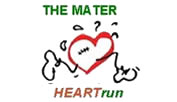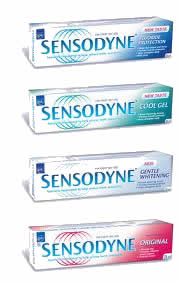SCHISTOMIASIS OF THE SPINAL CORD: REPORT TWO CASES
Abstract
Schktosomiasis affects over 200 million people worldwide. Schistosomiasis of the spinal cord
is a rare occurrence. In Africa, there have been recent reports from Egypt and South Africa.
In Uganda, the last histological records were over two decades ago. Schistosomiasis of the
spinal cord is commonly caused by Schistosoma mansoni althoughSchistosoma haematobium
has been isolated. Two case reports are presented. In both patients, the diagnosis was made
retn>spectively. The first patient was afemale patient with alesion in the thoracic region. The
second patient was a 21 year old male with a lesion in the conus. Apart from a block on the
myeI,ograms, all other laboratory investigations were negative. The diagnosis was made
histdogically in both cases with the identification of eggs of schistosoma in the spinal cord.
The eggs could however, not be retrieved from the stool or urine samples. Both patients were
treated with antischistosomal drugs and steroids. On follow up they had marked improvement
in their neurological signs. We hope to renew attention in this rare but devastating
neurological manifestation of a disease which affects many in our region and which if left
untreated can lead to permanent neurological damage.
is a rare occurrence. In Africa, there have been recent reports from Egypt and South Africa.
In Uganda, the last histological records were over two decades ago. Schistosomiasis of the
spinal cord is commonly caused by Schistosoma mansoni althoughSchistosoma haematobium
has been isolated. Two case reports are presented. In both patients, the diagnosis was made
retn>spectively. The first patient was afemale patient with alesion in the thoracic region. The
second patient was a 21 year old male with a lesion in the conus. Apart from a block on the
myeI,ograms, all other laboratory investigations were negative. The diagnosis was made
histdogically in both cases with the identification of eggs of schistosoma in the spinal cord.
The eggs could however, not be retrieved from the stool or urine samples. Both patients were
treated with antischistosomal drugs and steroids. On follow up they had marked improvement
in their neurological signs. We hope to renew attention in this rare but devastating
neurological manifestation of a disease which affects many in our region and which if left
untreated can lead to permanent neurological damage.
Refbacks
- There are currently no refbacks.


